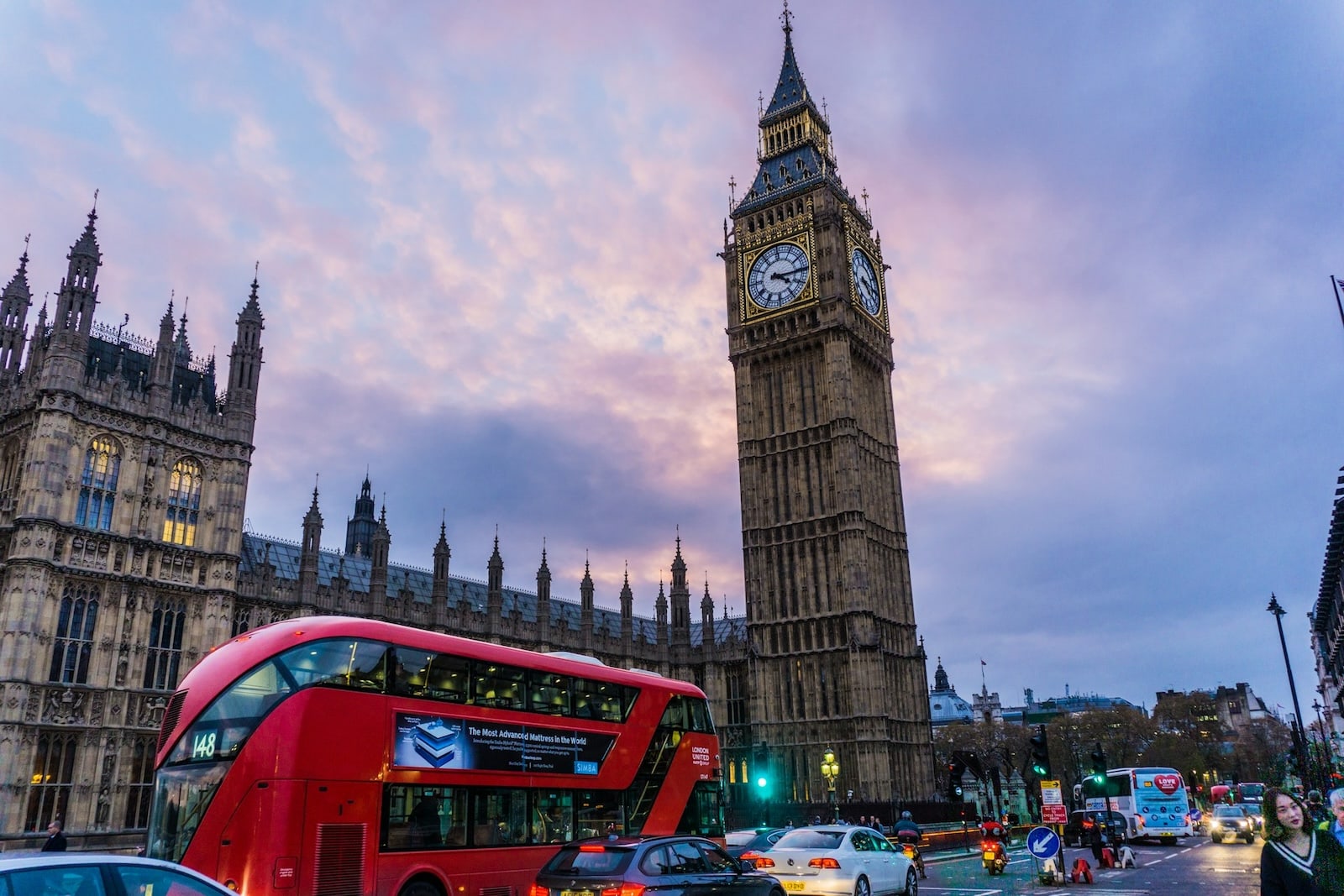The Labour Party has pledged to deliver the next phase of Open Banking and to define a roadmap for Open Finance, as part of its plan for the UK’s financial services sector if it wins the next general election.
The opposition party’s Open Banking and Open Finance plans come under one of six “policy priorities” it has published in its “first statement of intent for financial services”.

Shadow Chancellor Rachel Reeves
In the statement, delivered by Shadow Chancellor Rachel Reeves and Shadow Economic Secretary to the Treasury Tulip Siddiq, they state that Labour “supports the JROC’s work to define the next phase of Open Banking including laying out the long-term regulatory framework”, and that it also recognised the need to build on Open Banking’s “early successes” to deliver new use cases for consumers and SMEs.
“Labour recognises the potential for Open Finance to improve financial inclusion, support household saving and investment, and create a new pipeline of data to spur innovation, including personalised solutions for customers,” Labour stated.
As part of its commitment to “embrace innovation and fintech as the future of financial services”, Labour has also promised to embrace a central bank digital currency, and to establish a regulatory sandbox for financial products to reach underserved communities.
Elsewhere in its financial services statement, the Labour Party said it will regulate the buy now, pay later sector and “accelerate the roll out of at least 350 ‘banking hubs’ which help people have free access to cash and wider banking services”, should it come to power.
The party has also revealed its plans for creating a national financial inclusion strategy.
Prime Minister Rishi Sunak has previously indicated that the next general election will be called in the second half of 2024, in response to rumours of a Springtime election.
The next general election in the UK has to be called by 17 December 2024, given that this date marks five years since parliament first met after the last general election, according to the Institute for Government.
Industry response
“Open Banking transcends party politics and there is a commitment across the political divide to unlock its full potential,” said Richard Newman, director of corporate affairs at Open Banking Limited.
“The UK is a world leader and it is clear that the Labour Party understands the need to maintain momentum and the pace of innovation.”
Newman added: “Open Banking is of huge value to consumers, businesses and has contributed to the UK economy – it’s important that we leverage what we have built to help deliver other Smart Data schemes in other sectors, such as energy and telecoms.”
“Labour’s clear commitment to delivering the next phase of Open Banking, and championing UK financial services more broadly, is welcome,” said Ben Ruffels, Volt’s vice president of public policy.
“As Labour’s plan rightly recognises, Open Banking is already driving competition in payments. Unlocking new Open Banking payment capabilities for merchants and consumers, like variable recurring payments, will deliver important new benefits to both.”

Tom Burton of GoCardless
“It’s essential that the work of JROC – in defining the next phase of Open Banking and establishing an economically sustainable ecosystem for the long-term – progresses without delay. We’re greatly reassured that this mission has strong cross-party support.”
Tom Burton, director of external affairs and public policy at GoCardless, also welcomed “cross-party support for Open Banking”.
However, he added that despite “great strides so far” in the UK, the industry’s “collective focus now needs to be on execution, with an emphasis on the fundamentals that are essential to driving mass adoption”.
“These include the ability to collect recurring real-time payments across every use case, full coverage across banks and a great user experience. As the Review notes, getting the long-term regulatory framework and Future Entity in place, and making sure Open Banking is economically sustainable for all ecosystem participants, are key to this,” Burton said.
Further reading: Can the UK build on six years of Open Banking?










